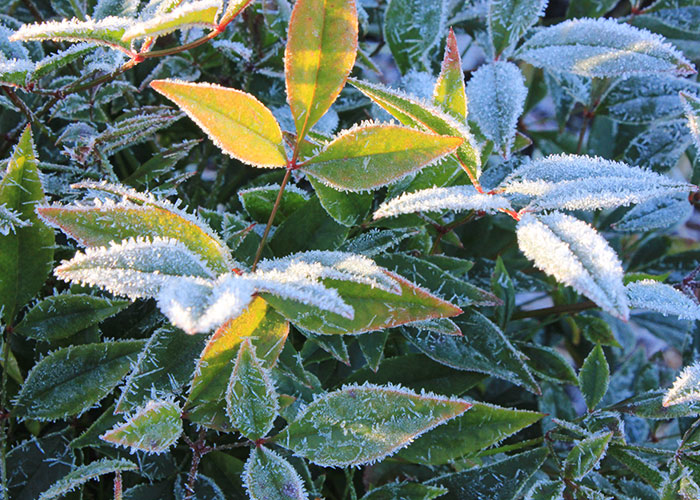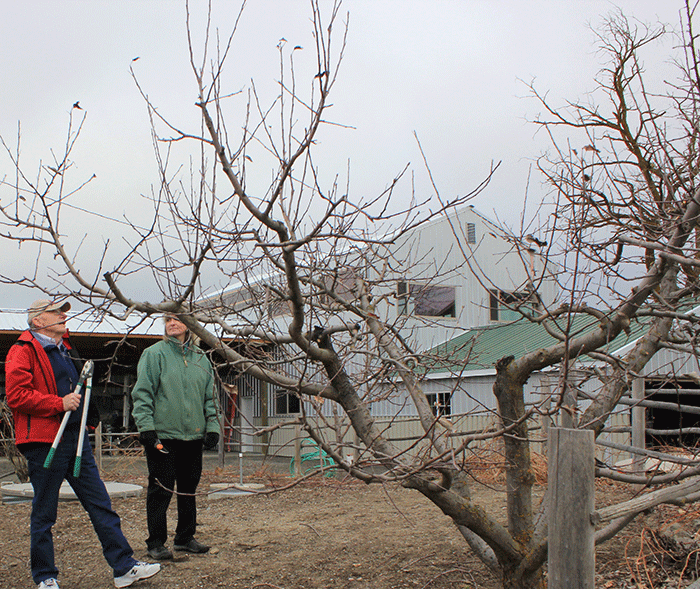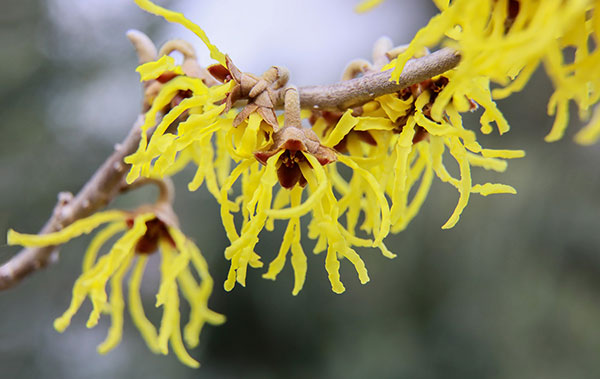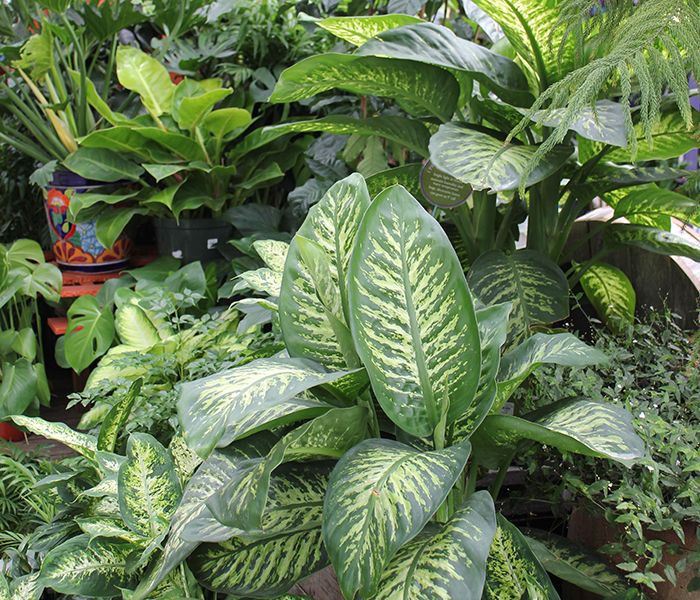JANUARY GARDENING TIPS

General Gardening Tips
Our coldest weather might be ahead, but the days have started getting longer. Water well and mulch if freezing weather is expected. Dry soil can create pockets or air spaces for cold to damage roots.
Be sure containers drain freely in the rain.
Winter is stressful for wildlife. Provide a clean source of water and keep bird feeders filled.

Fruits & Berries
January is a good month to prune most fruit trees. Reduce insect and disease issues by using a winter dormant spray on fruit trees.
Best selection of fruit trees and berries arrive late January. Check our information library for a list of fruit tree and berry varieties coming in this year.

Ornamental Gardening
Pick a bright day to visit the Winter Garden in the Arboretum for inspiration. They have a huge collection of winter bloomers such as witch hazel, camellia, viburnum, hardy cyclamen, and daphne, plus wonderful plantings of trees and shrubs with superlative bark, berries, or foliage.
Most of the plants in the Winter Garden are available at Sky now to brighten your own beds and planters. Trees and shrubs can be planted any time that the soil is not frozen or too waterlogged. They can also be transplanted now, if you have any that need to be moved around.
Brighten up winter beds and planters with winter-blooming primroses and hellebores, and with evergreen foliage plants such as heuchera and hardy grasses.
Vegetables & Herbs
A light scuffle-hoeing will destroy winter weeds such as shotweed before they set seed. Or use a Weed Dragon or other weed torch.
Protect over-wintering vegetables from hard freezes with a mulch of straw or leaves.

Indoor Gardening
Remember that the short days and low light levels mean your indoor plants slow their growth. Unless you are using grow lights, cut back on watering and stop feeding.
On the other hand, central heating can dry the air. Sensitive plants such as orchids may benefit from a humidity tray—just a water-filled tray with pebbles (or pot feet) so the plant is not sitting in water, but still benefits from the evaporation.
